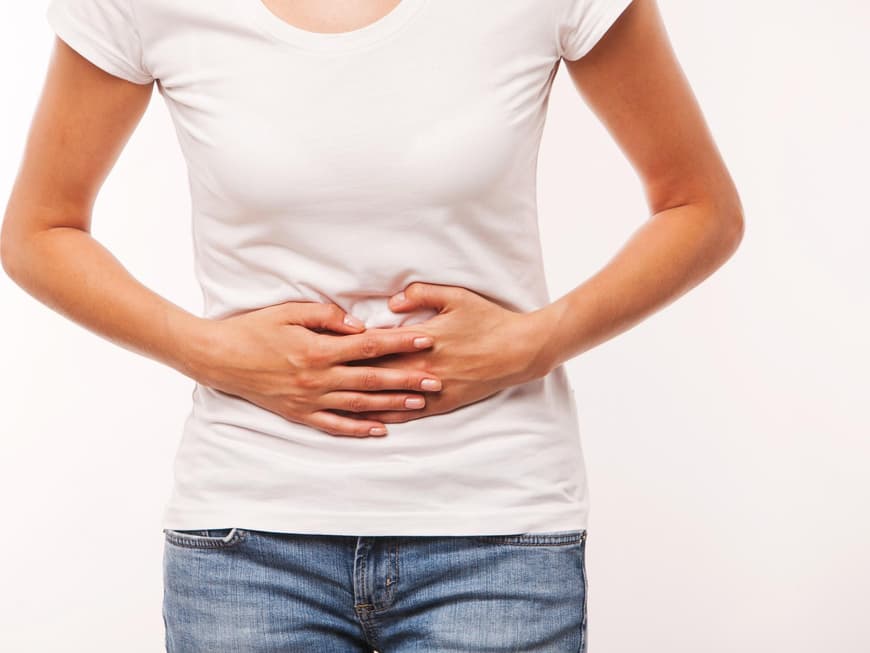1 Why do so many women have constipation?
According to studies, around 60 percent of women suffer from it. The most common reason: too little fluid and too little exercise. Breathing too shallowly can also be a cause. To stimulate the intestinal tract, you should breathe as deeply as possible into your stomach. But even if the urge is suppressed too often, it can lead to digestive problems: The rectum is overstretched and becomes accustomed to the excessive filling.
2. why does a cup of coffee make you feel slippery?
The roasted substances contained in coffee cause the release of the hormone gastrin in the body. This enters the digestive tract via the bloodstream, more digestive juices are produced and digestion is stimulated.
3 Why do you need to chew your food well?
This is the first step in stimulating digestion. Chewing thoroughly (about 30 times per bite) breaks the food down well and mixes it with saliva. Food that is swallowed hastily and therefore only roughly chopped remains in the stomach for much longer than food that has been thoroughly chewed and can cause stomach pressure and digestive problems.
4. is food digested equally quickly?
No. Water or a thin soup has already passed the stomach after half an hour, puree, fish or chicken remain there for up to three hours. Whole grains and lean meat need four hours to be broken down - fatty meat, sausage or fried potatoes need eight or more hours before they are pushed further into the small intestine.
5. do you actually have to eat every day?
Everyone has their own regularity. It can range from several times a day to once a week. However, the stool should not be hard or lumpy.
6 Should I drink something with my meal?
Yes, fluids are particularly important with a diet high in fiber. Especially if you eat extra linseed or wheat bran, the digestive mash can harden without water - and this causes digestive problems rather than preventing them.
7. does the psyche actually have an influence on digestive problems?
No other organ in our body reacts as quickly to distress or stress as the gut. 100 billion nerve cells in the oesophagus, stomach and intestines form the so-called enteric brain: these cells are directly connected to the head and react to various psychological states such as pressure to perform, anxiety, sadness or even heartbreak with digestive problems such as diarrhoea or constipation.
How our digestive system works
The digestive tract consists of: Mouth, pharynx, esophagus, stomach, small intestine, large intestine, rectum, liver, gall bladder, pancreas and anus. In the mouth, food is broken down and mixed with saliva. The food is broken down further in the stomach and intestines. Important nutrients are absorbed from the intestine via the mucous membrane into the blood and reach the liver via the portal vein, where they are stored and further processed. Indigestible food is excreted as stool.
Read also:
Soft stools: not always a cause for concern
Painful flatulence: These tips will help you
Home remedies for constipation
Tips for healthy intestinal flora
Irritable bowel syndrome: what to do when digestion goes crazy
Irritable bowel syndrome: symptoms and treatment
The irritable bowel diet
Getting through gastrointestinal infections well: How to get well quickly
Does leaky gut syndrome really exist?
Quick help: banish stomach germs with yeast
Healthy gut bacteria: Small, important helpers








